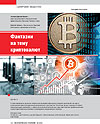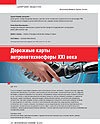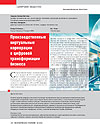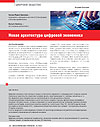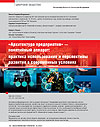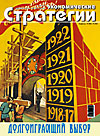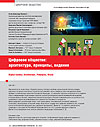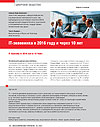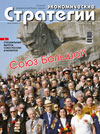
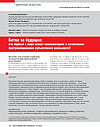
The key factor determining the victory in the battle for the future is not the territory, not the army and not the volume of financial, material and intellectual resources being involved. The key factor of the victory is cognitive programming of subjective reality: mass-individual adjustment of the semantic interpretation of the existence goal and life success to form the material future through self-adjustment of the surrounding subjective reality to the “image of Victory” in cognitive perception of oneself and the surrounding material, virtual and imaginary individual world. Special urgency is acquired by this factor in conditions of building a “digital economy”. The basis of such mechanisms constitutes noomonitoring as a tool for making a “cognitive snapshot” of subjective reality, forecasting, planning and metaprogramming on its basis the “image of Victory” by forming in groups of individuals new knowledge about themselves and the surrounding world, as well as the structure of ideological and professional patterns for interpreting surrounding reality and its subsequent correction within the personal management while developing and implementing management decisions of individuals and groups as a basic reference point for managing groups of interrelated people, machines, technical, including information, systems and natural objects.
Продолжить чтение



